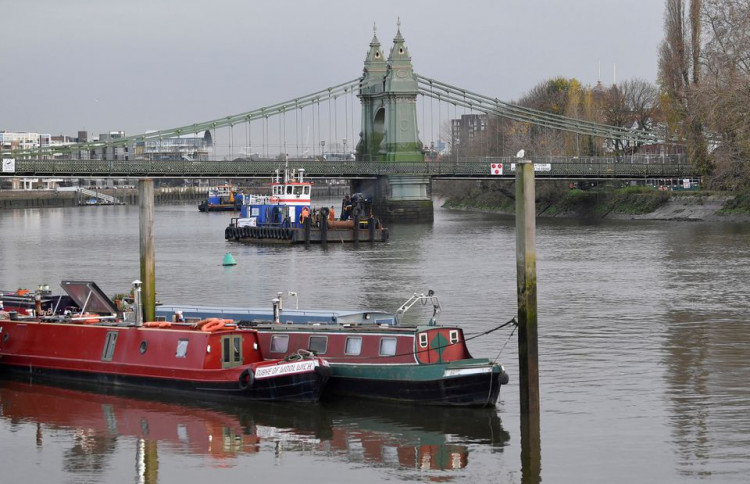In 1957, London's River Thames was declared "biologically dead" after years of human sewage and pollution killed off most animals sustaining the river's ecosystem. Now, new reports have given new hope for the potential full recovery of the river.
A report from the Zoological Society of London indicates that the River Thames may be in the midst of an ecological revival. The report revealed that the river is now showing lower levels of chemicals, and aquatic animals, such as seahorses, seals, and even sharks, are now living in its waters.
In its State of the Thames report, the conservation organization said that it had recently discovered three species of shark in the river. The species include the tope shark, spurdog shark, and starry smooth-hound shark.
The sharks, which are up in the river's food chain, indicate the healthy return of other animals within the river's ecosystem. The sharks typically feed on small fish, crabs, and other crustaceans.
The director of conservation and policy at the Zoological Society of London, Andrew Terry, said that thanks to the continued conservation efforts of the city and its people, the river has now become the home to a myriad of wildlife.
Terry said the "reductions in pressures" and improvements in the river have made it a habitat for animals once again. Among those animals that have returned are the harbor seals and the gray seals, which can now be spotted in the River Thames.
The avocet, a migratory wading bird that had been thought to be extinct as a breeding species in Britain in 1842, is another success story included in the study. According to the research, it began making a return after WWII, and its population along the tidal Thames has more than doubled in the previous three decades.
According to the report, the River Thames is now home to more than 115 species of fish and 92 species of birds. About 600 hectares of marshes have also now become habitable again for animal life.
Several positive factors were highlighted in the research, but it warns that more work is needed. The report warned that climate change would severely impact the river, which is a vital supply of water for the city. Human activity continued to be an existing threat to the river, particularly our continued use and disposal of harmful plastics.
Despite the river's water quality improvements, a study released last year found significant amounts of microplastics in samples obtained in 2017 from the Thames. Previous experiments have revealed that microplastics have a negative impact on aquatic life. They can obstruct digestive systems, causing some animals to starve to death when their stomachs get clogged with plastic.




